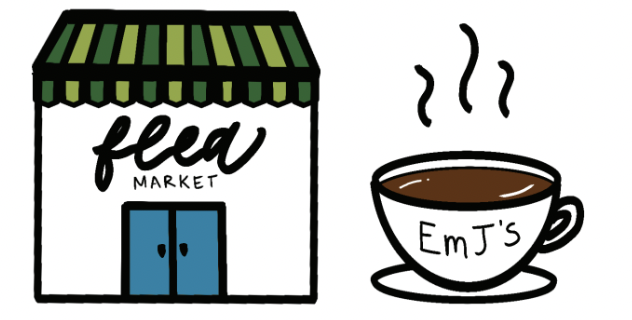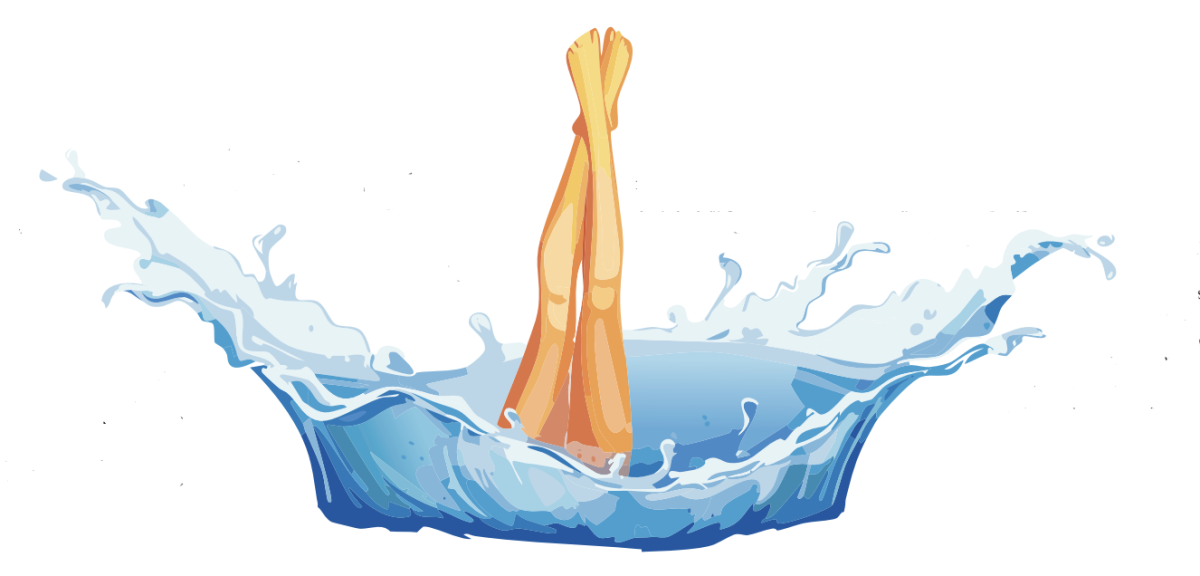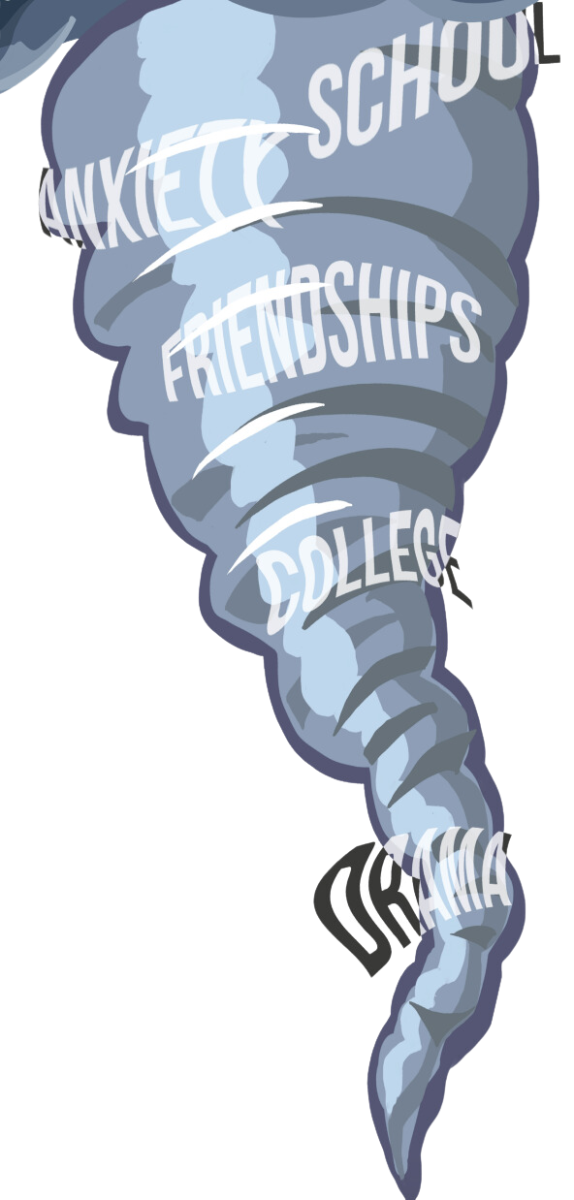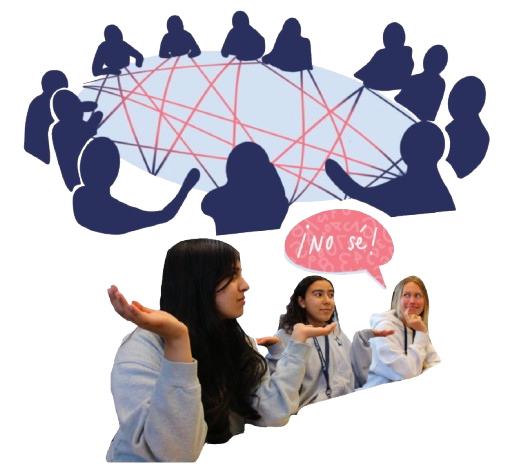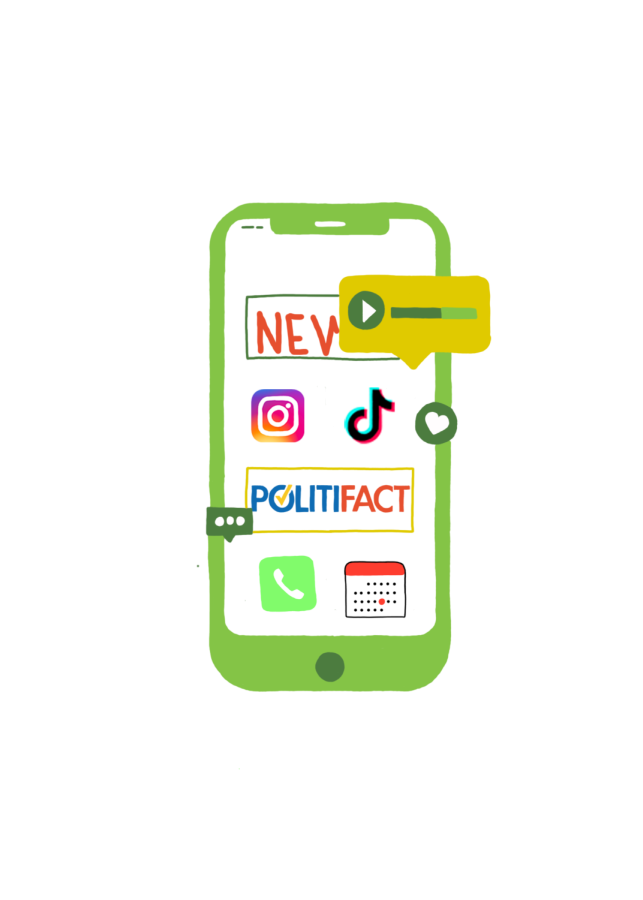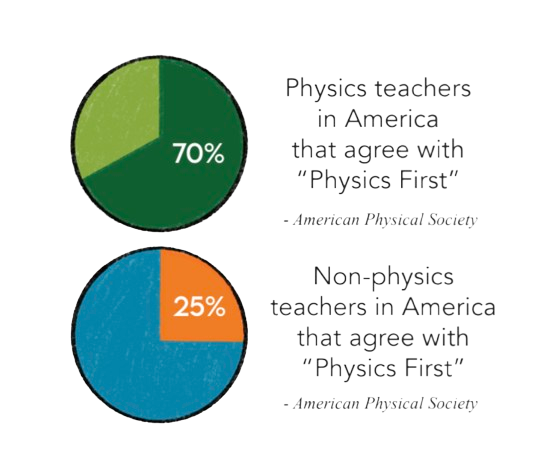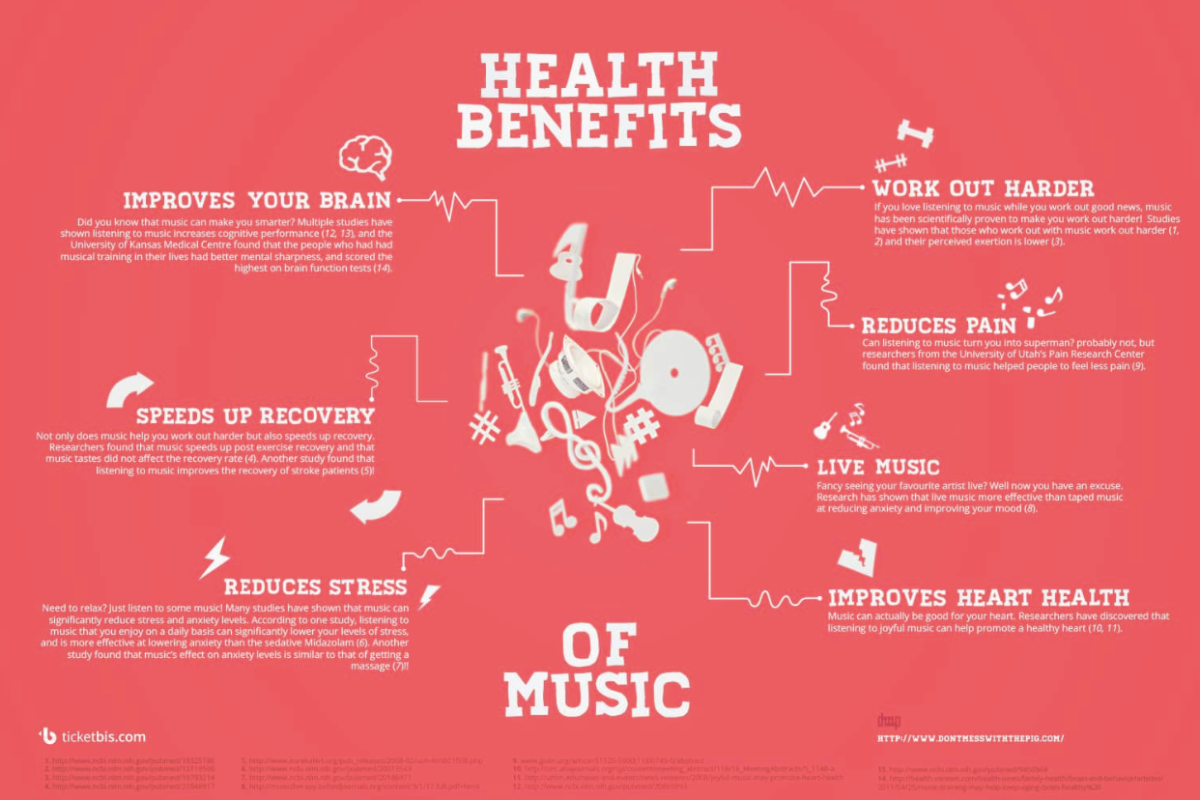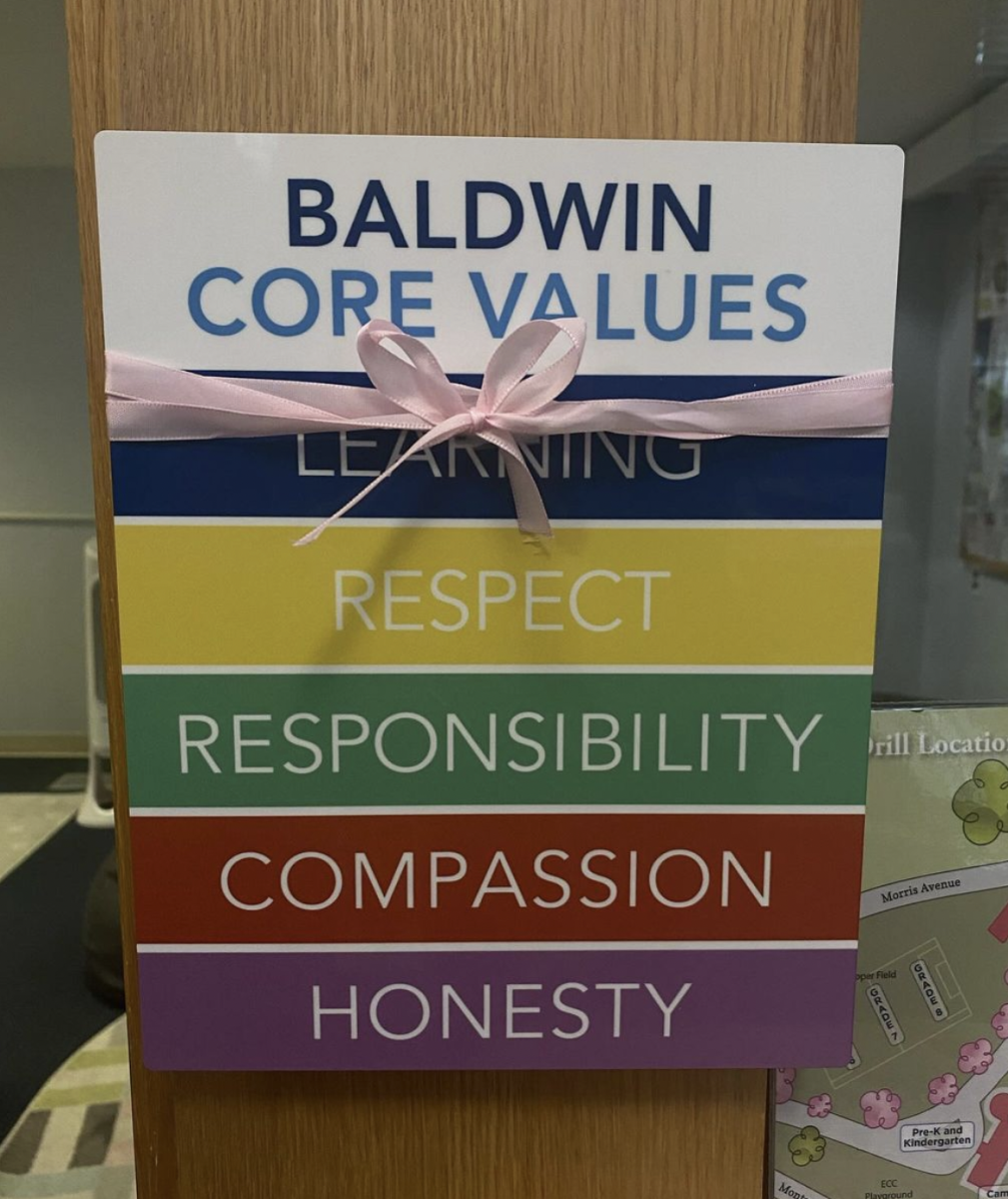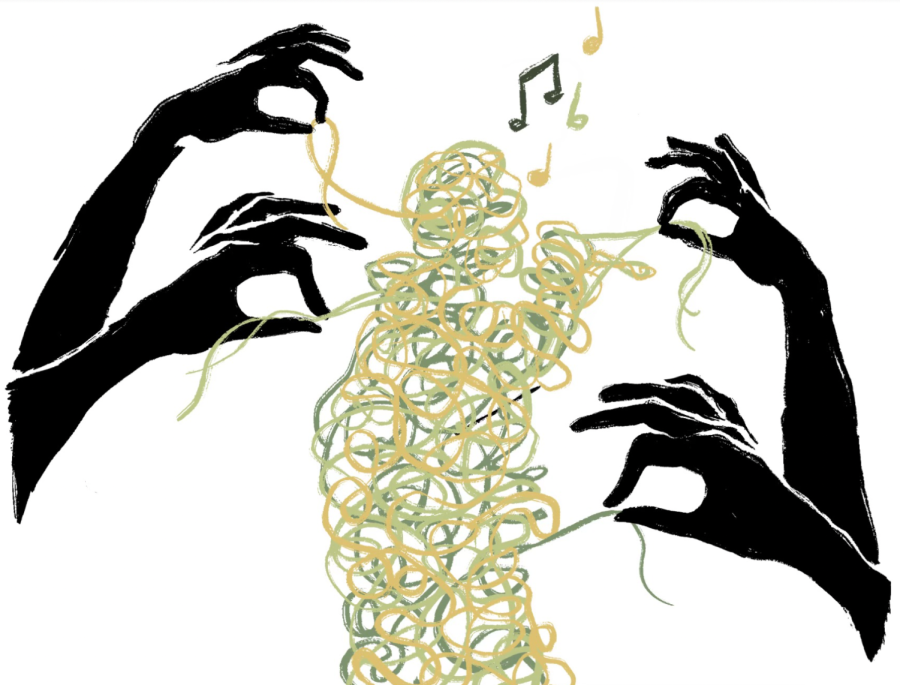We’ve Made a Spectacle Out of Kanye West—That’s Racist
An examination of how the media pays different attention to celebrities struggling with mental illness based on their race.
Kanye West’s career in entertainment began with frequent advocacy for Black justice in his music, but has evolved into a series of continuous anti-Black and antisemitic remarks. Without a doubt, West should be condemned for his bigoted comments.
Yet that is not the only thing happening: we’ve given a microphone to a man who’s evidently struggling with his mental health and have made memes out of it. Why is it that the mental illnesses of Black individuals aren’t taken seriously? The media’s disregard for Black figures with mental illness is a phenomenon that should be studied in order to implement change.
In 2002, West was invited by NBC News to deliver a scripted message on live television to the millions affected by Hurricane Katrina, alongside actor Mike Myers. Instead, West used his limited time on screen to condemn President George Bush’s treatment of Black Americans who endured the hurricane.
Clearly shaken up by Katrina, West said, “I hate the way they portray us and the media. If you see a Black family it says they’re looting, if you see a white family it says that they’re looking for food.”
After Myers’ segment, West famously added, “George Bush doesn’t care about Black people.” West received a dubious look from Myers before the program quickly transitioned to the next presenter.
Kanye West was, without a doubt, a pioneer for Black Americans: initially, he used his platform as a renowned celebrity to emphasize the injustices Black people face. In doing so, he inspired an entire generation of Black individuals. However, this quickly dissipated when West made anti-Black statements in an infamous 2018 interview with the tabloid TMZ.
West said, “When you hear about slavery for four hundred years…for four hundred years? That sound like a choice. You was there for four hundred years and it’s all of y’all?” Unsurprisingly, this comment left many viewers extremely disgusted.
West did not stop there. For the bulk of 2022, he appeared on various podcasts and live interviews attacking the Black and Jewish communities. He also took to his personal social media accounts on Instagram and Twitter to continue this wave of bigotry.
As a Black person, reading and listening to West’s hateful words feels oppressive. But what I find almost more oppressive is the media’s decision to play into his antics, knowing that West—who has spoken openly about his continued struggles with bipolar disorder— has a mental illness.
Broadcasters like Piers Morgan should understand that West is not going to provide anything of substance when he appears on the show. Yet West was still invited for an hour-and-a-half-long interview on Piers Morgan Uncensored. Morgan likely expected that West was going to deliver a prejudiced statement; the shock value, controversy, and resulting virality is exactly what Morgan wanted.
The media’s mistreatment of Black celebrities is a pattern, not just occurring in the case of West. Brittany Johnson, better known as Lovely Peaches online, is another example of a Black celebrity whose mental illness has been exploited for entertainment purposes.
Johnson gained notoriety on the social media platform TikTok after her unruly pictures and videos gained attraction. Accusations against Johnson range from child endangerment to flashing minors on her live streams. These are serious, troubling allegations; yet we’ve made memes out of the woman when she is clearly struggling.
White celebrities do not have their mental illnesses exploited to the degree Black celebrities do. For example, actor Mel Gibson, who spoke openly about his bipolar diagnosis, has delivered similar antisemitic, racist, and homophobic statements to West. While Gibson was also exposed and condemned for his repeated bigoted comments, he was not put on display in the same way West has been.
Sarah Silverman, a Jewish comedian, shares a similar fate with Gibson. She has been open about her struggles with depression and is no stranger to the discussion of mental health. In a 2007 sketch of her show “The Sarah Silverman Program” on Comedy Central, she donned blackface as a comedy act. She claimed that the goal of this sketch was to “see whether it is more difficult to be black or Jewish.” Did she effectively obtain her objective through this sketch? Seemingly not.
Still, despite these problematic actions, Silverman continues to earn major roles in Hollywood, clearly facing minimal backlash for her offenses.
In contrast to these cases, the media has decided to “point the finger and laugh” at Kanye West. His comments are no doubt worthy of condemnation, and mental health struggles are not justification for hateful rhetoric. However, TV shows and news platforms have profited off of facilitating the further spiraling of West’s mental health—and while this may not have racist intent, it is undoubtedly yielding a racist result.





